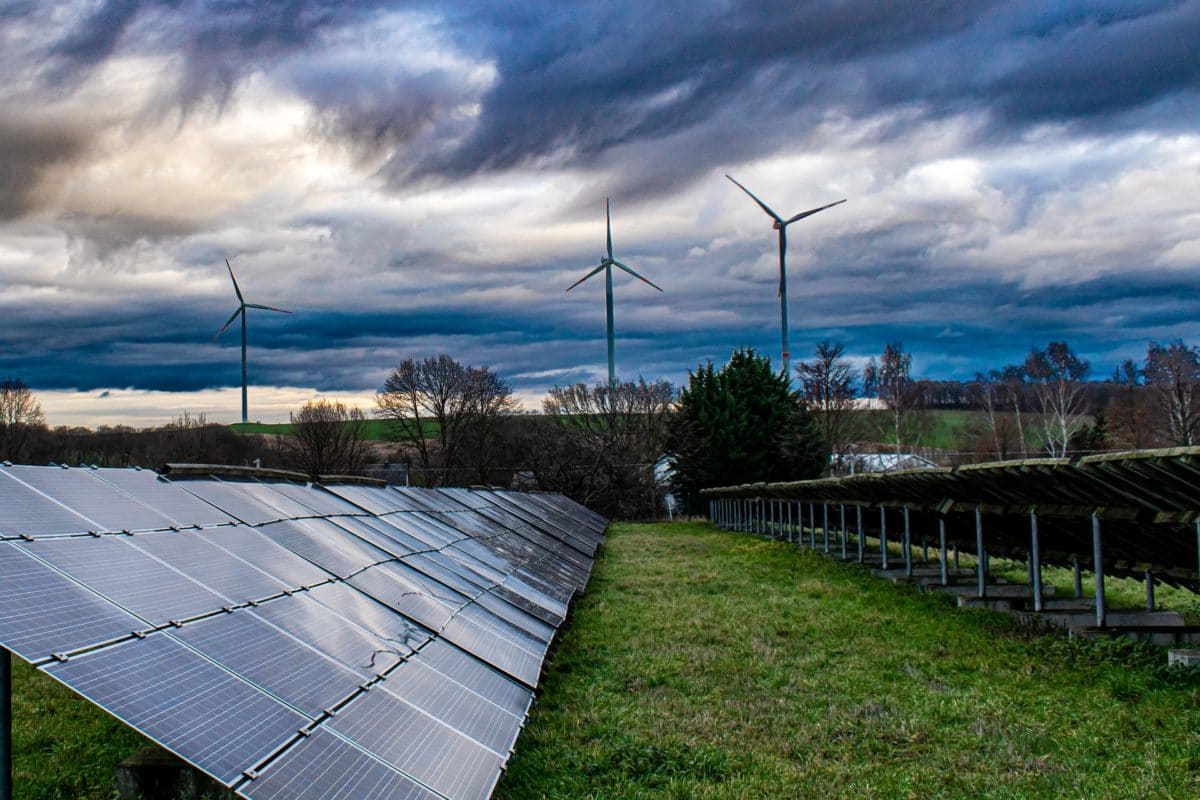From pv magazine India
Higher solar module prices will likely impact the returns of solar power project developers. Module prices have increased by about 15% to 20% over the last four to five months. These price increases have mainly been driven by a sharp increase in the price of polysilicon, a key input for cell and module manufacturers.
The hardening of PV module prices, if sustained, remains a near-term headwind, as most solar power installations in India are dependent on PV module imports. This risk is especially significant for about 4 GW of capacity won by developers over the last six to nine months at tariffs ranging between INR 2.00 ($0.027)/kWh and INR 2.25/kWh. This is leading to upward pressure on the overall capital costs for solar power projects.
Girishkumar Kadam, senior vice president of ICRA, expects a 12 to 14 basis point impact on debt service coverage metrics for project developers.
Popular content
“Given that the PV module component comprises about 50-55% of the overall project cost, such increase in the module price level by about 4-5 cents/watt if sustained, is likely to moderate the debt service coverage metrics for the project developers by about 12 to 14 basis points,” he said.
India’s Ministry of New and Renewable Energy (MNRE) said that solar projects under standard bidding guidelines are required to procure modules from its Approved List of Models and Manufacturers (ALMM). However, the registration of module manufacturers outside India has remained affected due to lockdown restrictions and procedural requirements. This may present near-term challenges to Indian developers in the procurement of imported PV modules.
“The uncertainty on the timelines for inclusion of module suppliers from China in the ALMM list may affect the incremental bidding activity in the solar power sector,” said Vikram V, vice president of ICRA. “Nonetheless, cumulative solar project awards as of date remain strong at around 28 GW (excluding the capacity pending for signing of power sale agreements/power purchase agreements and including hybrid projects), which provides healthy visibility on the capacity addition over the medium term.”
This content is protected by copyright and may not be reused. If you want to cooperate with us and would like to reuse some of our content, please contact: editors@pv-magazine.com.



1 comment
By submitting this form you agree to pv magazine using your data for the purposes of publishing your comment.
Your personal data will only be disclosed or otherwise transmitted to third parties for the purposes of spam filtering or if this is necessary for technical maintenance of the website. Any other transfer to third parties will not take place unless this is justified on the basis of applicable data protection regulations or if pv magazine is legally obliged to do so.
You may revoke this consent at any time with effect for the future, in which case your personal data will be deleted immediately. Otherwise, your data will be deleted if pv magazine has processed your request or the purpose of data storage is fulfilled.
Further information on data privacy can be found in our Data Protection Policy.